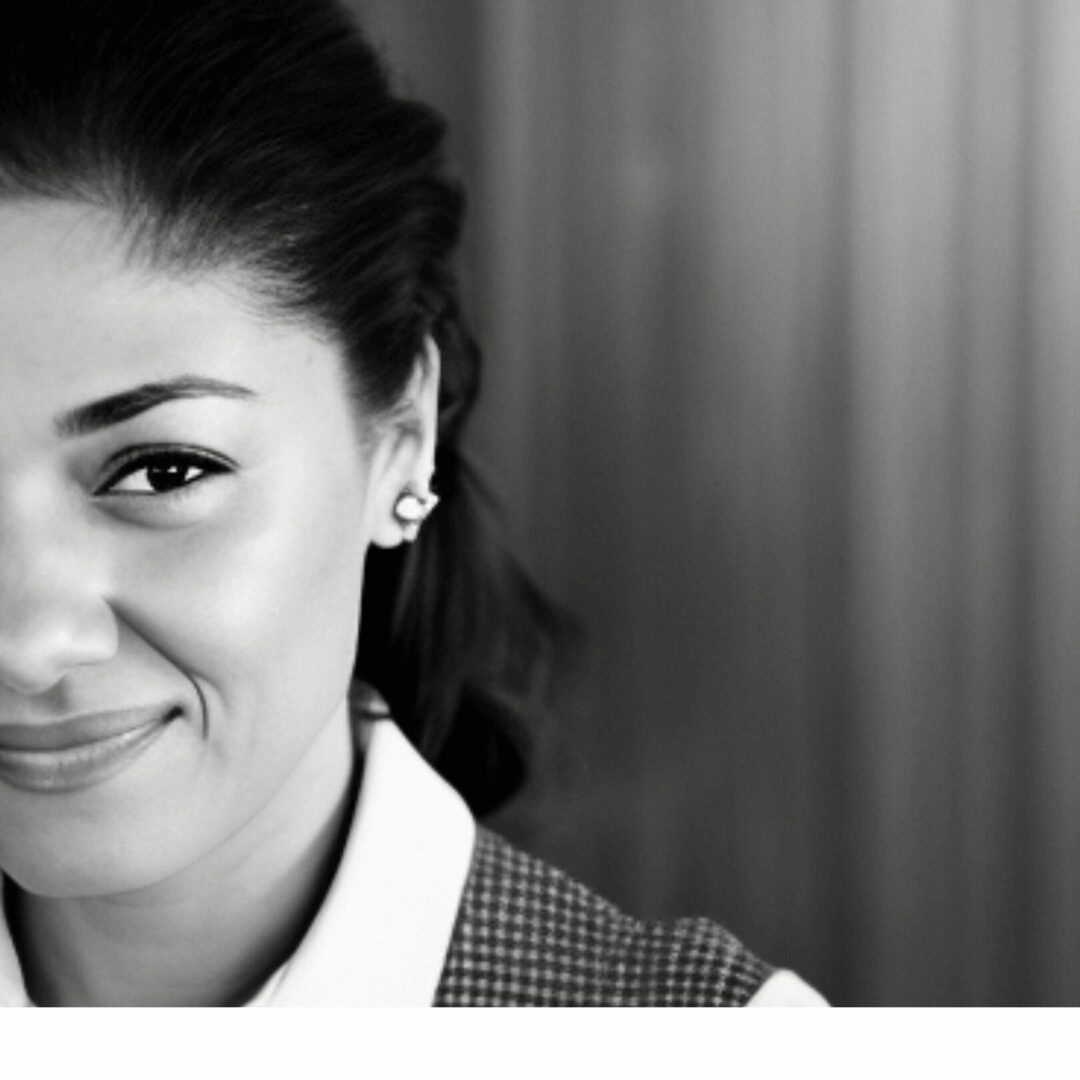We were lucky to catch up with Amanda M. Ramírez recently and have shared our conversation below.
Hi Amanda M. , so excited to talk about all sorts of important topics with you today. The first one we want to jump into is about being the only one in the room – for some that’s being the only person of color or the only non-native English speaker or the only non-MBA, etc Can you talk to us about how you have managed to be successful even when you were the only one in the room that looked like you?
That’s something I’ve experienced more times than I can count. At first, it was intimidating. You question whether your voice will be heard or if your perspective will be understood. But over time, I learned to see it not as a disadvantage, but as a strength.
I leaned into what made me different. I realized that my lived experiences, my culture, and my point of view bring something valuable to the table—something no one else can replicate. Instead of shrinking back, I started speaking up more, sharing ideas that reflected my background and standing firm in my beliefs.
I also learned the power of preparation and professionalism. When you show up knowing your stuff, it’s hard to be ignored. But equally important was finding and building community outside of those rooms, through organizations like NYWIFT, IFGA, SAG-AFTRA, and the Suffolk County Film Commission. These networks reminded me that I’m not alone, even if I’m the only one in the moment.
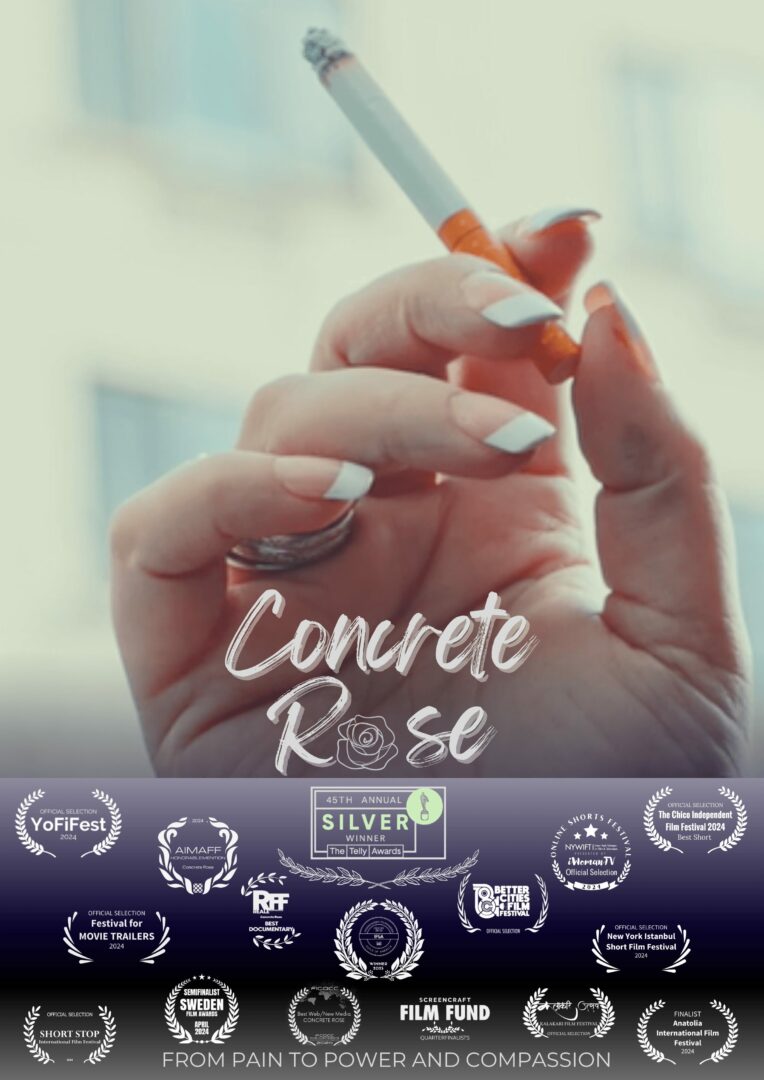
Appreciate the insights and wisdom. Before we dig deeper and ask you about the skills that matter and more, maybe you can tell our readers about yourself?
What I find most exciting is the ability to use media as a tool for cultural reflection and social impact. Whether I’m producing a short film about an overlooked community or collaborating on a docuseries highlighting resilience through art or sport, the common thread in the work is truth. I love telling real stories, especially those that live in the margins; stories that challenge stereotypes and broaden the way we think about identity, family, and justice.
Right now, I’m especially proud of Concrete Rose, a short documentary that explores addiction, incarceration, and redemption through the eye of the subject, Chrisrina Green. It’s been incredibly rewarding to see her story resonate with audiences in such a powerful way.
I’m also in development on a few exciting new projects. One is a narrative feature about two undocumented domestic workers in the Hamptons, and another is a historical fiction project set in Brooklyn in the 70’s, seen through the eyes of a 10-year-old Afro-Panamanian boy. These stories are personal, rooted in cultural memory, and driven by a desire to humanize and honor lives that often go unseen in mainstream media.
Through my company, Grayscale Media, I aim to continue producing work that’s intentional, inclusive, and visually dynamic. My goal is not just to entertain, but to spark connection, curiosity, and conversation—whether on screen, in the classroom, or in community spaces.
For me, the work is about legacy; leaving behind something that matters.
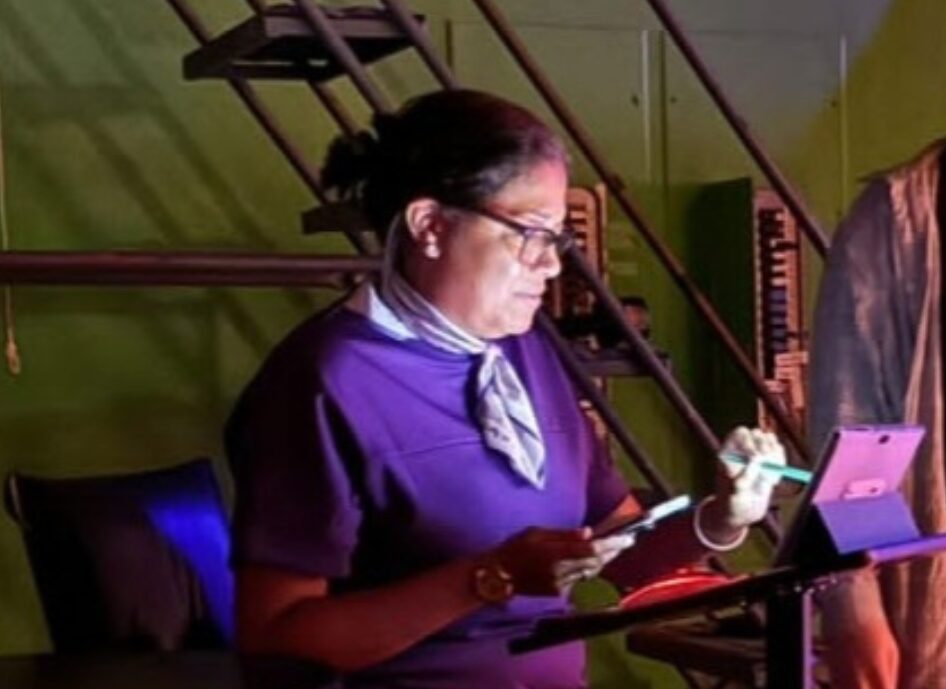
If you had to pick three qualities that are most important to develop, which three would you say matter most?
Resilience has been essential. This industry, whether you’re in front of the camera or behind it, comes with rejection, uncertainty, and detours. I’ve had to learn how to keep showing up, even when doors closed or timelines shifted. For anyone starting, I’d say: learn to take “no” as part of the process, not the end of the story. Every setback is a setup for your next opportunity if you stay in it.
Adaptability is another big one. I’ve worked across live TV, film, documentary, and digital, and no two sets, teams, or workflows are ever the same. Being able to pivot, problem-solve on the fly, or take on a new role when needed has kept me relevant and growing. My advice? Say yes to different kinds of experiences early on. Learn every corner of the field, editing, producing, writing, and marketing, because it all connects and makes you more valuable in the long run.
Empathy might sound like a soft skill, but it’s at the heart of everything I do. Whether I’m working with talent, interviewing someone for a doc, or leading a team, the ability to listen and understand where people are coming from has made all the difference. If you want to develop this, start by being genuinely curious. Ask questions. Pay attention. Great storytelling is rooted in understanding people, not just their words, but their silences too.
If you can cultivate those three things, resilience, adaptability, and empathy, you’ll not only go far in your career, you’ll build meaningful connections and a body of work you can truly be proud of.
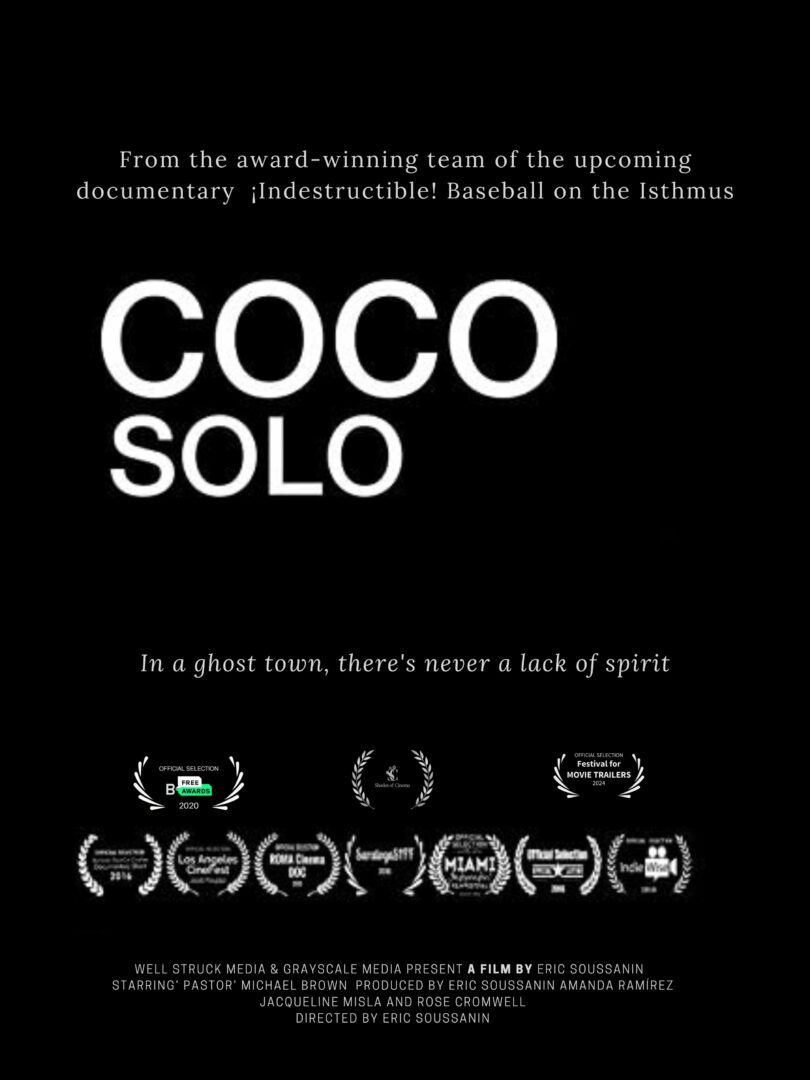
Before we go, maybe you can tell us a bit about your parents and what you feel was the most impactful thing they did for you?
One of the most impactful things my parents did for me was instill a deep sense of cultural pride and the importance of hard work. They made sure we kids knew where we came from, and that grounding helped me navigate spaces where I didn’t always feel seen or understood.
They also modeled resilience in the face of challenges. Watching them work tirelessly, often sacrificing for the sake of family and opportunity, taught me that persistence and purpose go hand in hand. Their belief in their children, even when resources were limited, was the foundation for trusting myself.
My father used to tell my brothers and me, “You can have it all, just not all at once,” while our Mami always reminded us that “being kind is more important than being nice (or liked).” Those philosophies shaped everything.
Contact Info:
- Website: https://linktr.ee/Amanda.at.Grayscale
- Instagram: @grayscaleentllc
- Linkedin: https://www.linkedin.com/company/grayscaleentllc
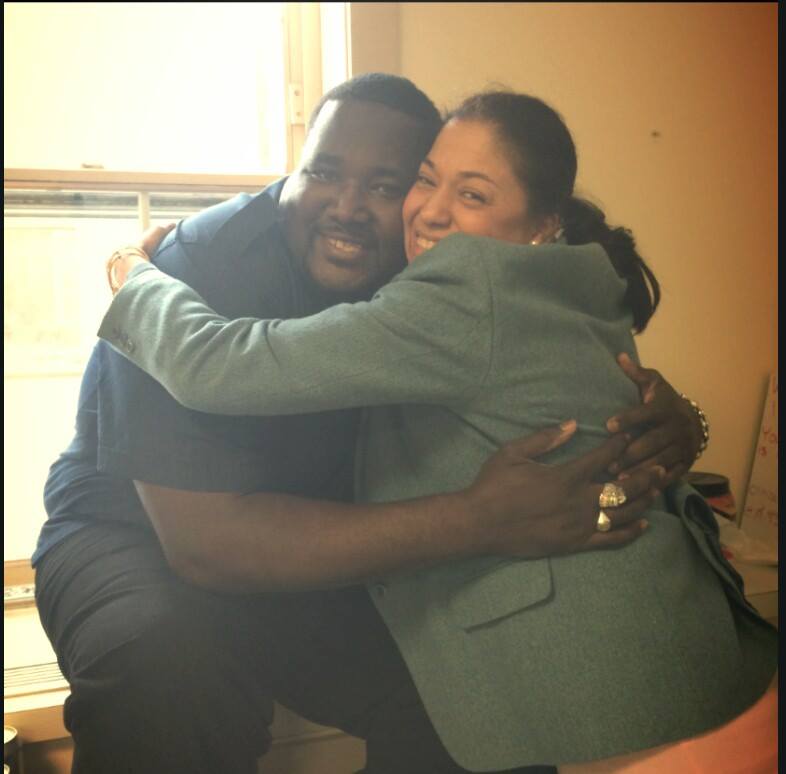
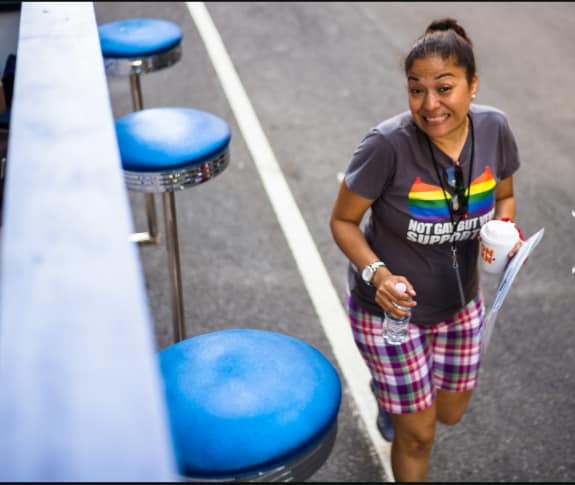
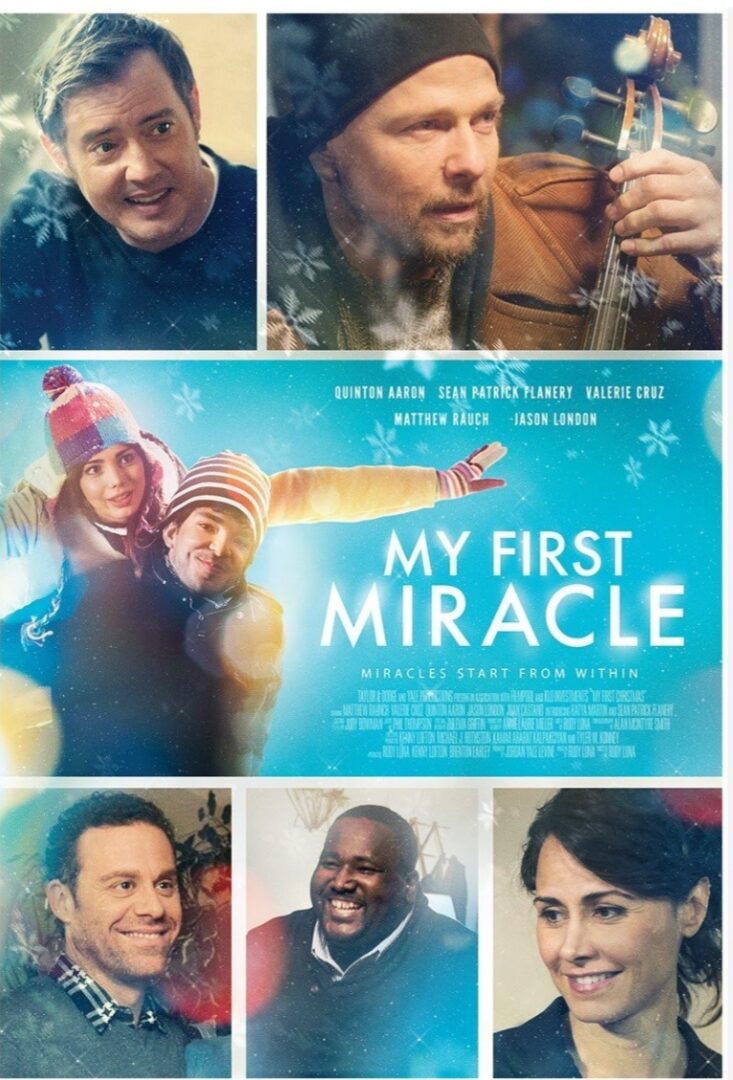
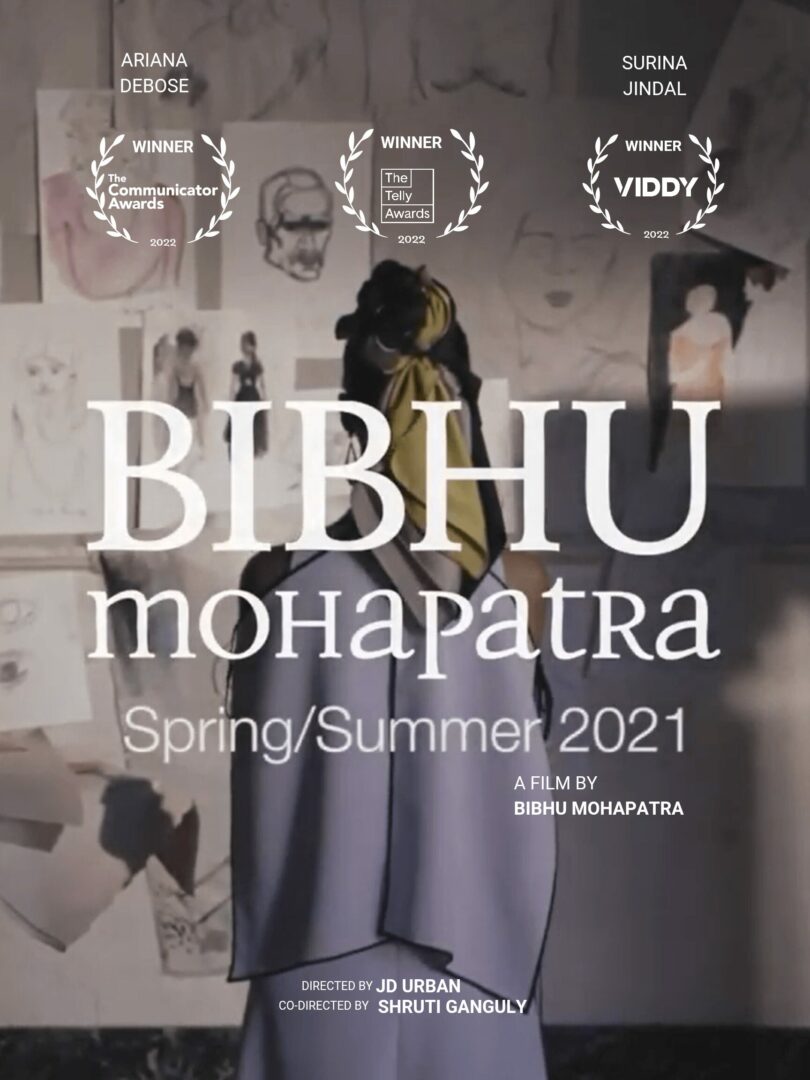
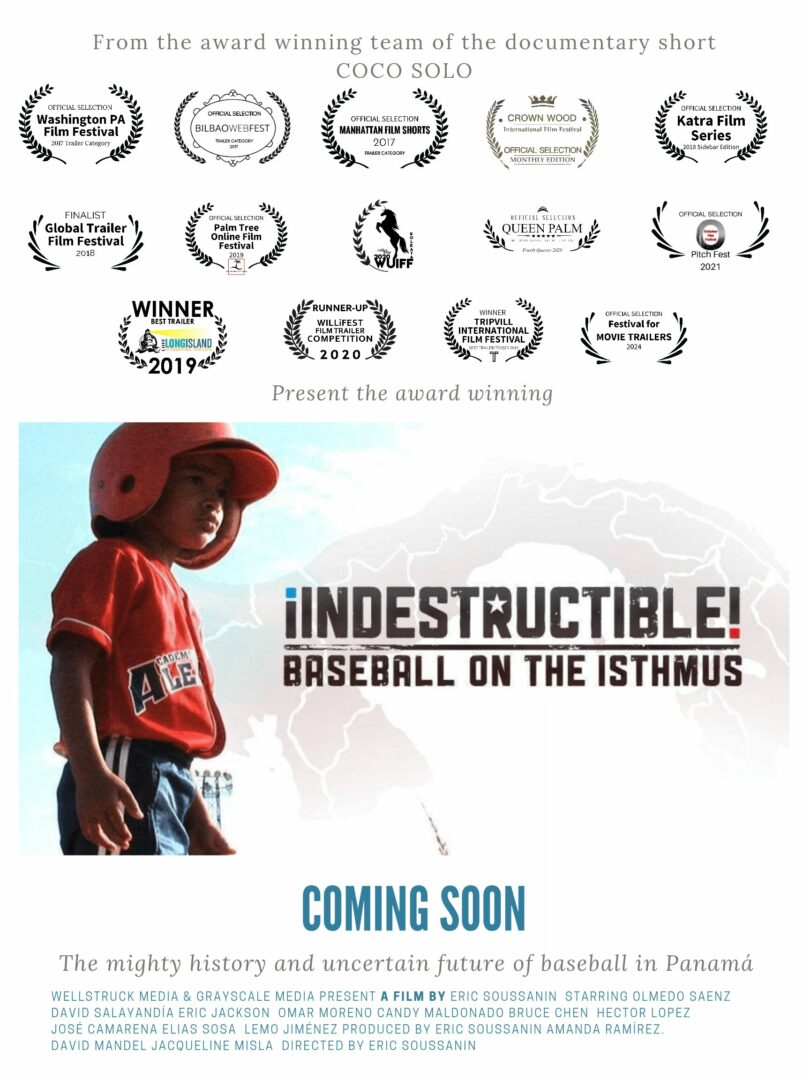
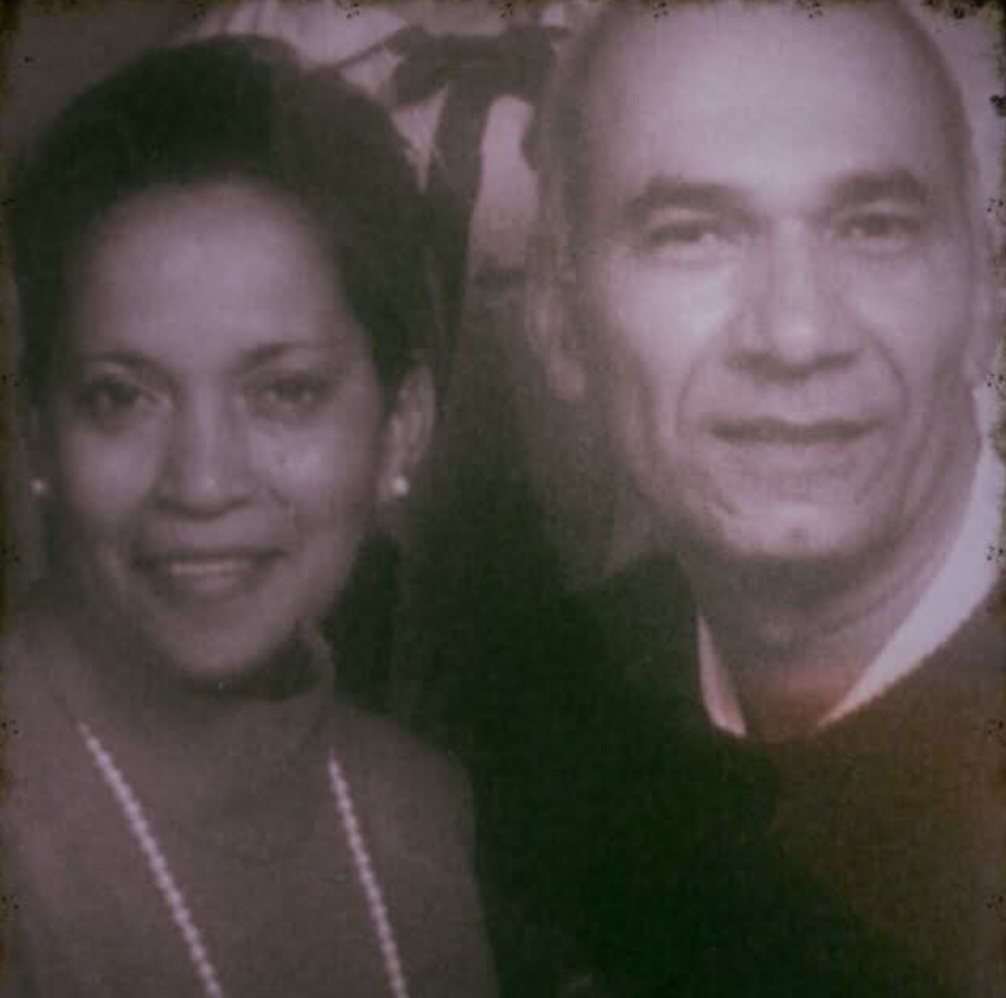
so if you or someone you know deserves recognition please let us know here.

